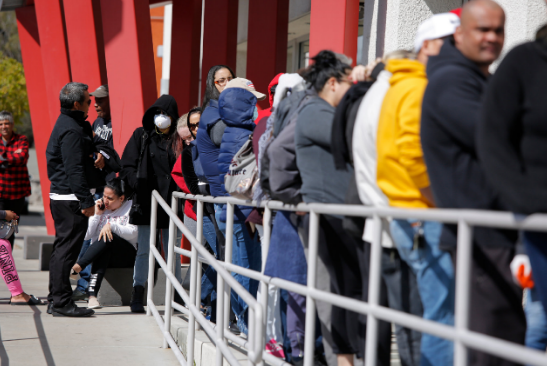Beyond the immediate health emergency response and the discomfort and anxiety of containment measures, how deeply will we be affected by the chain of consequences unravelling in front of our eyes? First responses were that it would cause temporary disruption and society was likely to return as quickly as it could to former patterns of behaviour. However, as time goes on and the deeper impacts become apparent, it seems highly unlikely that society can just return to its former state.
A group most deeply affected will be the millennials who have done very well in sectors that have been thriving in the Israeli economy and elsewhere. These young people have been enjoying happy intensive lifestyles in vibrant city centres, earning high incomes and spending them without too much thought for the future. That has come to an abrupt and very unexpected end as thousands suddenly found themselves without incomes, uncertain when or where their future employment may be, without insurance, without the ability to rent high price accommodation and possibly returning to their parents’ homes feeling lost and failed. The most alarming statistic is not the number of persons suffering from the virus or even loss of life, but the huge jump in unemployment (from 3% to 18% in Israel in a matter of days and expected to rise even more). Even those currently on unpaid leave may find that there is no job awaiting them.
How long can unemployment benefit last as national budgets are severely cut? There is no ‘transition’ or ‘transformation’ phase, just a loss of economic and societal structure overnight. Rather than looking at the 1918 epidemic of Spanish flu for insights, we should perhaps learn from the implications of the Great Depression of the 1930’s, how to avoid the suffering and the adverse political, social and institutional consequences of economic collapse and uncertainty.
From a sustainability point of view, we hope this sudden jolt will provide an opportunity to change patterns of overconsumption. From a societal point of view, will it change how people perceive the future? Millenials did not necessarily save for their future, like the generation of their grandparents and perhaps parents, who had experienced times of scarcity, have done. They largely spent whatever they earned, did not open savings accounts, and preferred the flexibility of rented accommodations over the burden and the ties of owning real estate and mortgages. Until the onset of the pandemic I saw these as positive trends: revitalisation of city centres, low asset living, flexible lifestyles, replacing ownership of material goods with experiences, supporting the platform economy. Now I am not so sure.
The most crucial questions will arise when we move from short term emergency reactions and responses to a health crisis to dealing with its long term economic and societal consequences. The jury is definitely out.
The authors is Lecturer in Sustainability Policy at Tel Aviv University and Researcher in the Jerusalem Institute for Policy Research

